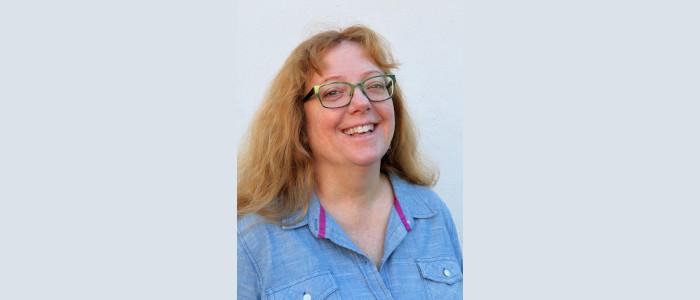Design Problems: Trustworthy Smart Devices and 3D Printed Lace - DLS Talk by Mary Baker (HP Inc.)

Chemical & Biological Engineering (CHBE), Room 101 - 2360 East Mall
Speaker: Mary G. Baker, Senior Research Scientist, HP Inc.
Title: Design Problems: Trustworthy Smart Devices and 3D Printed Lace
Abstract:
A growing number of domestic spaces incorporate products that collect data from cameras, microphones and other sensors, leading to privacy concerns. In this talk I report on two user studies performed to learn about perceptions of privacy and trust for sensor-enabled, connected devices such as smart home assistants. The study results suggest that users are more likely to trust devices with materially representative privacy status indicators. This means that the indicators themselves are part of what determines what sensing can take place. I will describe how we have applied the study results to the design of current devices and what the implications are for the physical design of future smart devices.
Bio:
Mary Baker is an architect and senior technologist at HP Inc. in Palo Alto. Her interests cover a broad range of areas where predicting and solving problems tangibly improves the experience people have with technology. Her research topics include mobile systems and applications, physical affordances for IoT privacy, digital preservation, authentication, and design and workflow for additive manufacturing. Before joining HP in 2003 she was on the faculty of the computer science department at Stanford University where she led the MosquitoNet and Mobile People Architecture projects and graduated 7 Ph.D. students. She has received a Sloan Foundation Fellowship, an Okawa Foundation Grant, and an NSF CAREER Award and was designated an ACM Distinguished Engineer. She is a member of the DARPA Information Science and Technology (ISAT) Study Group and is a founding member of the editorial board for IEEE Pervasive Computing, for which she also writes the popular “Notes from the Community” column. She received an A.B. in Mathematics and an M.S. and Ph.D. in Computer Science, all from the University of California at Berkeley.
Host: Margo Seltzer, UBC Computer Science.